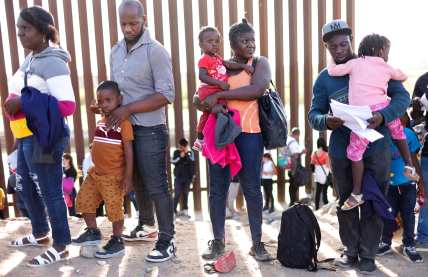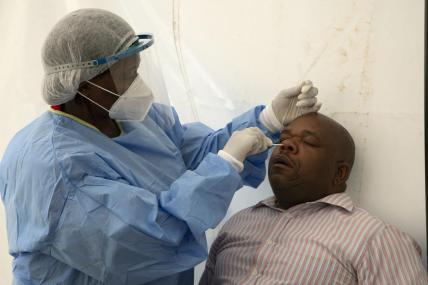What Black Americans should know about the end of COVID-19 emergency
“We are definitely at a different point in the pandemic,” White House press secretary Karine Jean-Pierre told theGrio.
The COVID-19 public health emergency has officially ended in the United States, marking a major turning point in the once-a-century pandemic that claimed the lives of more than one million Americans.
“We are definitely at a different point in the pandemic,” White House press secretary Karine Jean-Pierre told theGrio during Tuesday’s press briefing. In her assessment, “Over the last two years, the administration has made significant progress in an ability to manage COVID-19 in a way that protects life and health and no longer meaningfully disrupts our lives.”
She said, “And that’s because of this president’s leadership.”
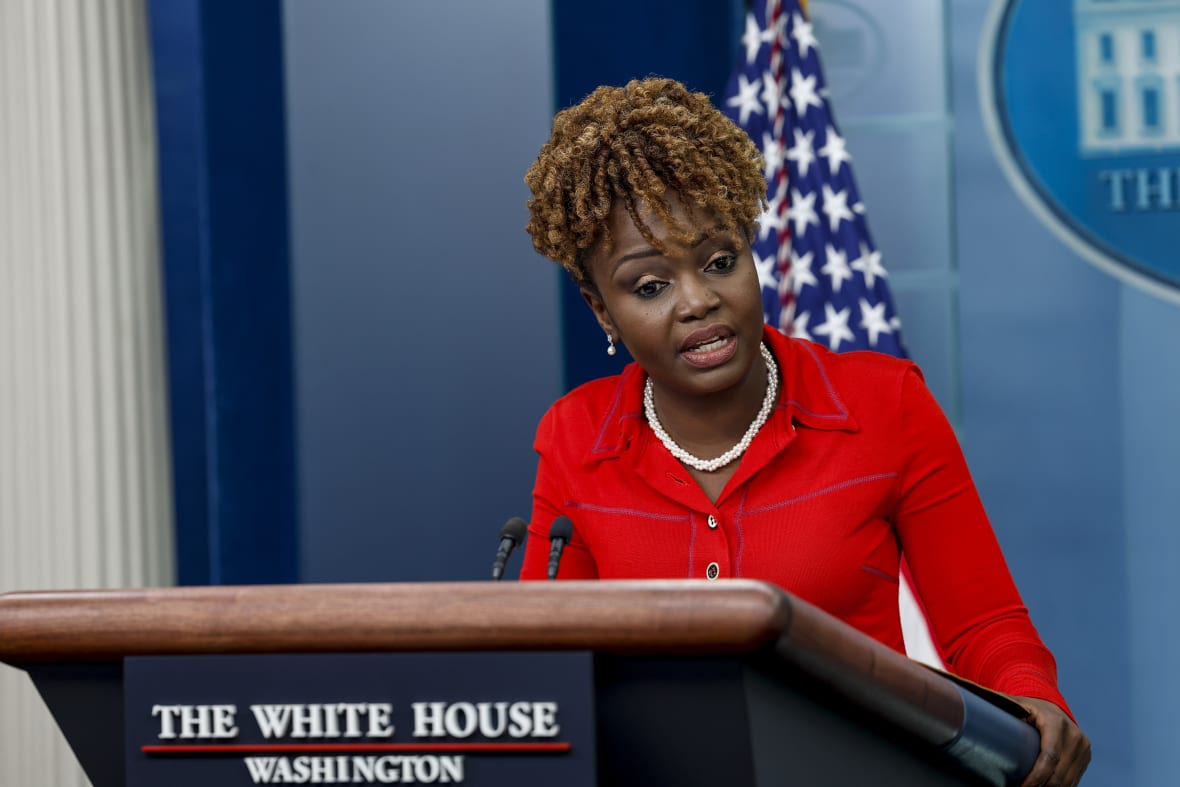
Though the fight against the virus is no longer considered a public health emergency, it is still a threat to the health of millions of Americans. It continues to infect, hospitalize and kill thousands of Americans per day.
Black and brown populations must be especially vigilant as data from the Centers for Disease Control and Prevention shows they continue to be disproportionately impacted by COVID-19. Black Americans, for example, are twice as likely to be hospitalized and nearly twice as likely to die of the virus.
But as the public health emergency sunsets, such data on COVID-19 won’t be as readily available moving forward. The CDC will lose access to some critical data it has used to measure the intensity of the pandemic, which it also used to guide its policies in combating the virus.
As CDC Director Dr. Rochelle Walensky said during a Senate committee hearing: “We will lose our percent positivity. We won’t get laboratory reporting. We won’t get case reporting.”
Given the threat COVID-19 continues to pose in the United States, the Biden-Harris administration announced a $1.1 billion public-private partnership with local pharmacies and vaccine manufacturers to make sure uninsured Americans still have access to free vaccines and treatment.
However, the Department of Health and Human Services (HHS) noted that out-of-pocket costs for COVID-19 treatments such as Paxlovid and Lagevrio may change after the drugs move to “traditional health care models, depending on a person’s health care coverage.”
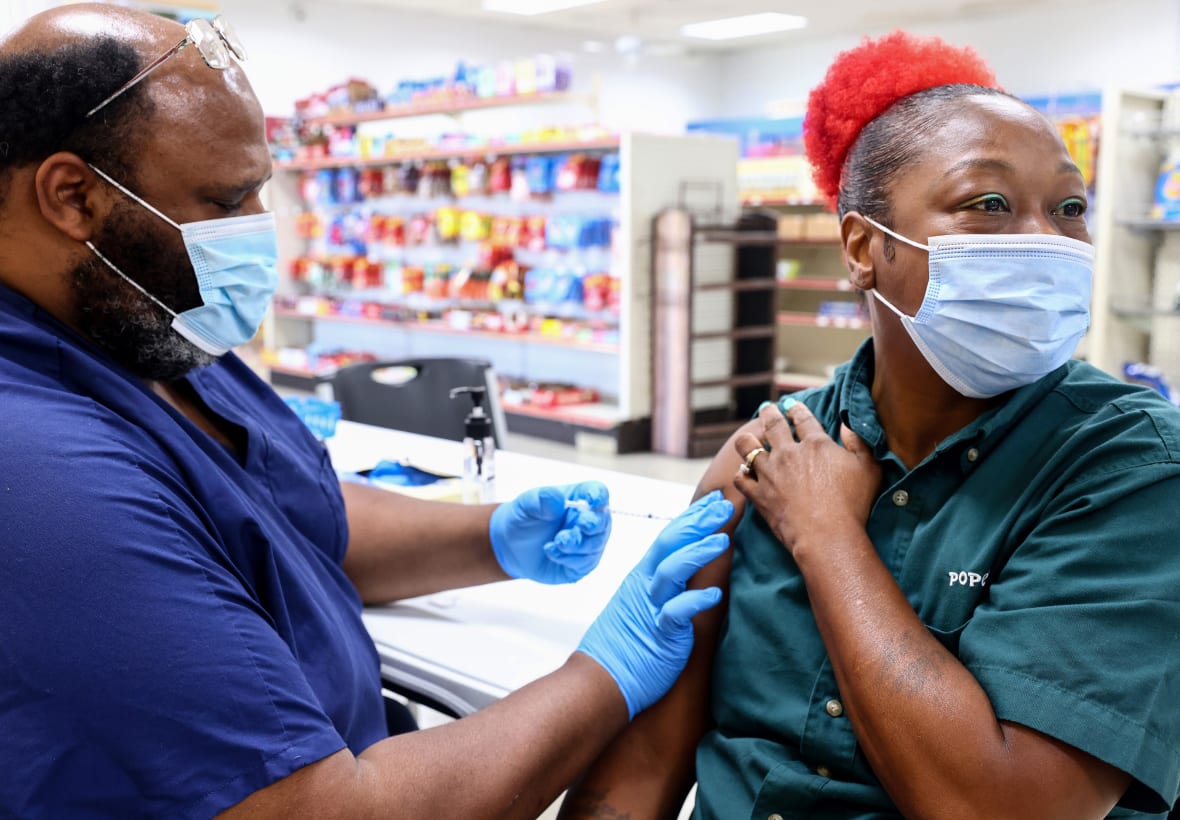
The Biden-Harris administration also launched Project Next Gen, a $5 billion operation to rapidly develop new “next generation” COVID-19 vaccines and treatments designed to be more effective against new variants.
Another health concern connected to the virus is the development of long-term effects of COVID-19, also known as Long COVID, after someone has been infected. Conditions related to Long COVID can last weeks, months or years, according to the CDC. What’s more, the National Institutes of Health (NIH) noted that Black and Hispanic Americans are more likely than white Americans to develop Long COVID.
To combat symptoms of Long COVID, the administration launched the National Research Action Plan on Long COVID, an interagency initiative to better understand, diagnose, and treat Long COVID.
Jean-Pierre told theGrio that the Biden-Harris administration, through the HHS, has delivered “high-quality care” for those experiencing Long COVID and has been providing information and resources to Americans struggling with it, including veterans and employees in the workforce.
She added, “We’ve invested in care for people in underserved communities who have been disproportionately impacted by Long COVID.”
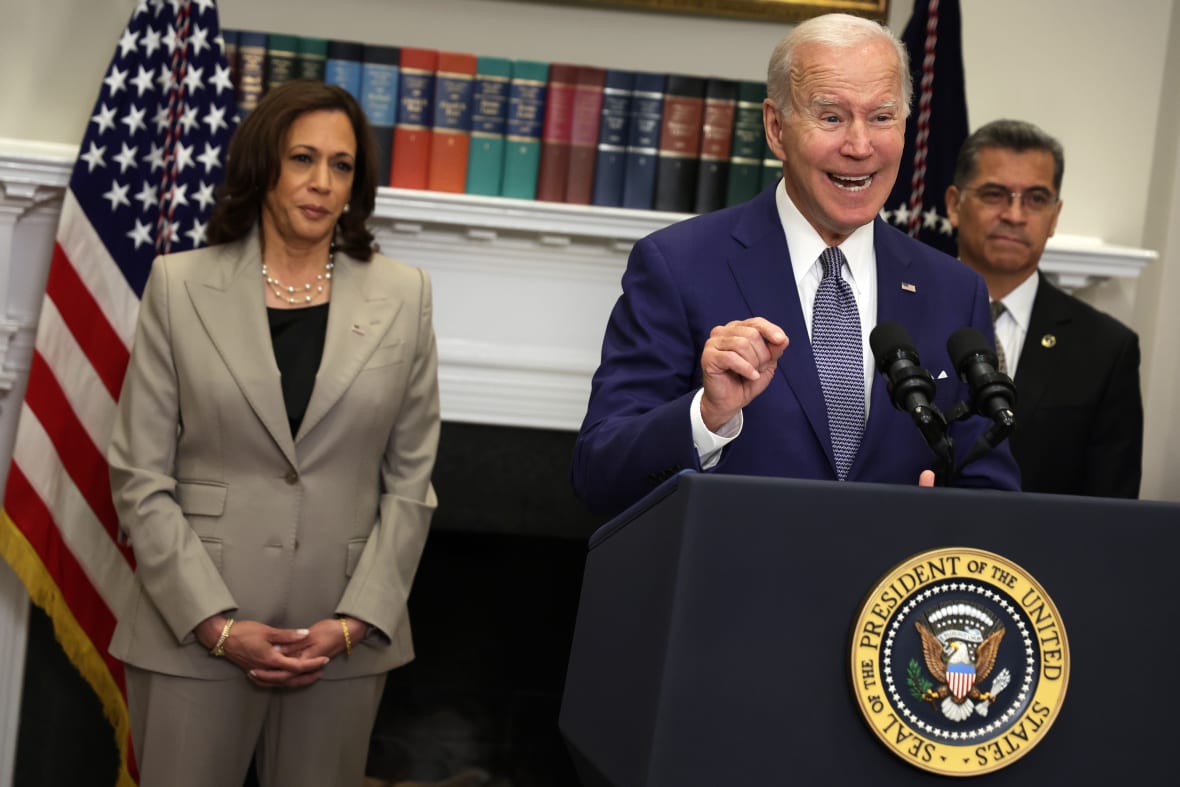
To date, the administration has invested more than $1 billion in Long COVID research, surveillance, and to “promote evidence-based care models.”
As the federal government transitions away from the COVID-19 public health emergency, Jean-Pierre anchored the moment in how far the United States has come from the height of the pandemic.
The Biden spokesperson noted that “COVID deaths have declined by 95%, new COVID-19 hospitalizations are down nearly 88%, and COVID-19 cases and deaths globally are at its lowest levels since the start of the pandemic.”
She continued, “Over 270 million people have at least one shot in arms because of the comprehensive plan that this president and his administration has put forward.”
President Joe Biden, she said, took the public health emergency “very seriously since day one,” and now “we’re in a different stage of this pandemic.”
She added, “Let the numbers speak for itself.”
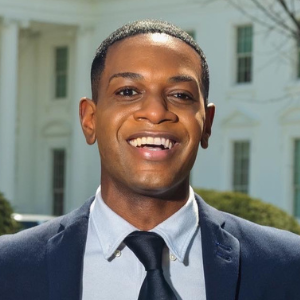
Gerren Keith Gaynor is a White House Correspondent and the Managing Editor of Politics at theGrio. He is based in Washington, D.C.
TheGrio is FREE on your TV via Apple TV, Amazon Fire, Roku and Android TV. Also, please download theGrio mobile apps today!
